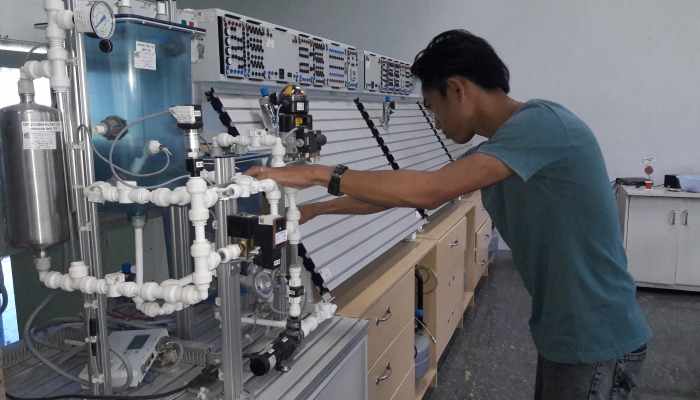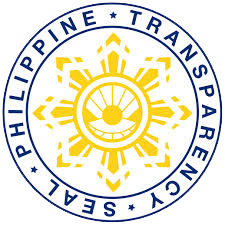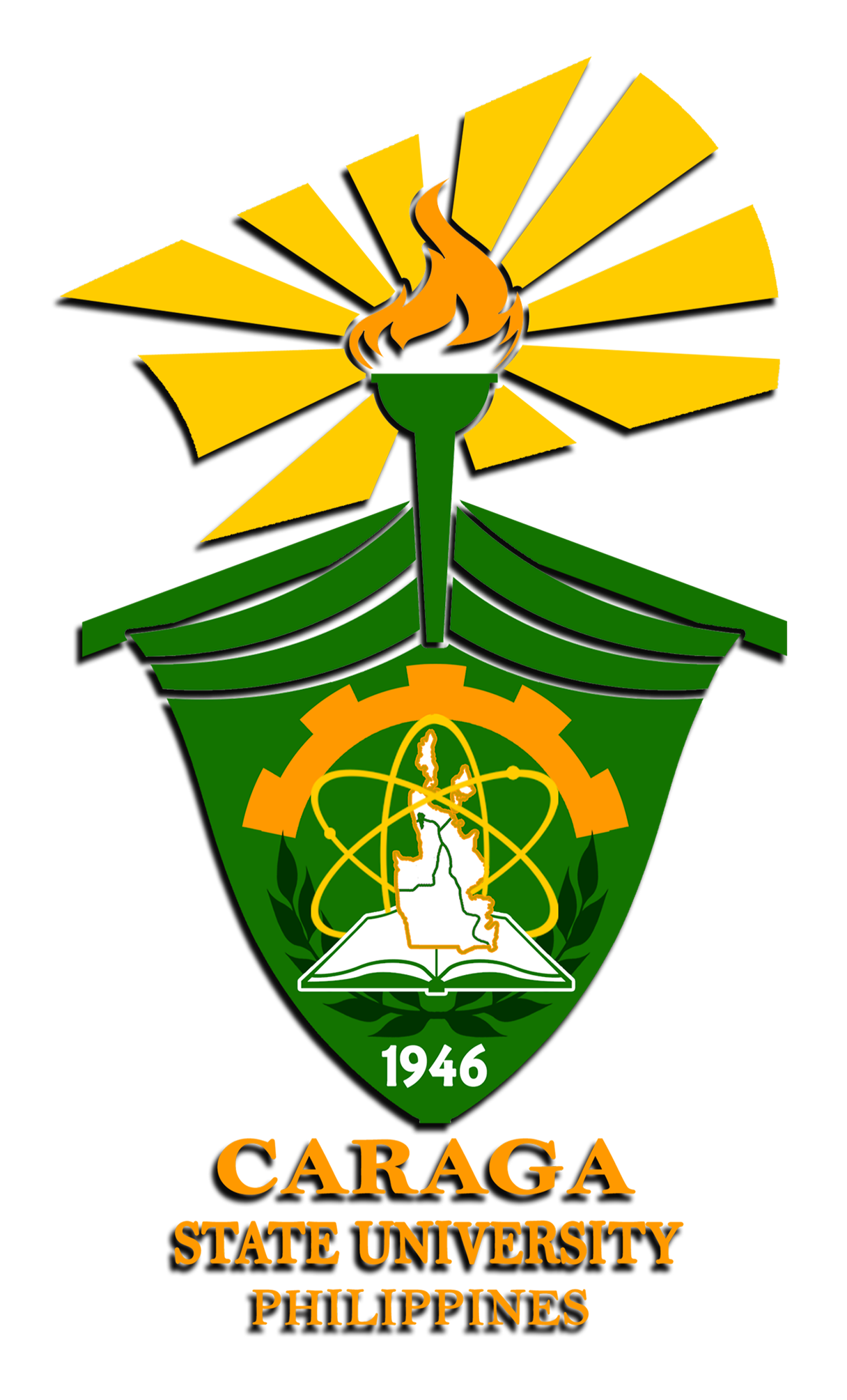News and Events
Bachelor of Science in Electronics Engineering

Overview
This program combines electronics and communications engineering, computer science and relevant management studies placing strong emphasis on communication systems, electronic circuits and systems, computers, automatic controls, information systems, micro-electronics, and signal processing.
Applications in this field are in biomedical, communications, industrial control, analytical instruments, image processing, consumer electronics, computer networks and automation. Such applications vary from digital, analog, micro-processor based, or very large scale integrated circuits (VLSI). Graduates will lead development and design of leading-edge information systems, particularly in the telecommunications area. As the development of new electronic, information and telecommunication equipment, such as Internet, computers and electronic controlled devices, become more in demand in the government and private sectors so has the employment opportunities for an information and telecommunications engineer are increasing.
Visit Our Temporary Site: https://5ef064b8a3ae5.site123.me/
Program Educational Objectives
In three to five years after graduation, Bachelor of Science in Electronics Engineering graduates;
- Perform exemplary in their careers through their firm foundation in basic mathematical and scientific knowledge and profound understanding of the fundamental principles and disciplines of electronics engineering.
- Implement proper engineering principles in their measures, models and design of electronic and communication systems.
- Formulate and execute engineering projects with their professional skills for effective and efficient management.
- Apply ethical standards, exhibit confidence and motivation for continuous learning crucial for their professional growth in their selected careers.
Program Intended Learning Outcomes
- Apply knowledge of mathematics and science to solve complex engineering problems;
- Design and conduct experiments, as well as to analyze and interpret data;
- Design a system, component, or process to meet desired needs within realistic constraints such as economic, environmental, social, political, ethical, health and safety, manufacturability, and sustainability, in accordance with standards;
- Function on multidisciplinary teams;
- Identify, formulate, and solve engineering problems;
- Apply professional and ethical responsibility;
- Communicate effectively;
- Identify the impact of engineering solutions in a global, economic, environmental, and societal context;
- Recognize the need for, and an ability to engage in life-long learning;
- Apply knowledge of contemporary issues;
- Use techniques, skills, and modern engineering tools necessary for engineering practice;
Admissions
Registrar
Guidance
Office of the President
Public Information and Communication Office
Course Particulars
College of Engineering and Geo-Sciences
College of Agricultural and Agri-Industries
College of Mathematics and Natural Sciences
College of Forestry and Environmental Sciences
College of Computing and Information Sciences
College of Education
Philippine Standard Time
Transparency Seal
Design by ICT Center.





